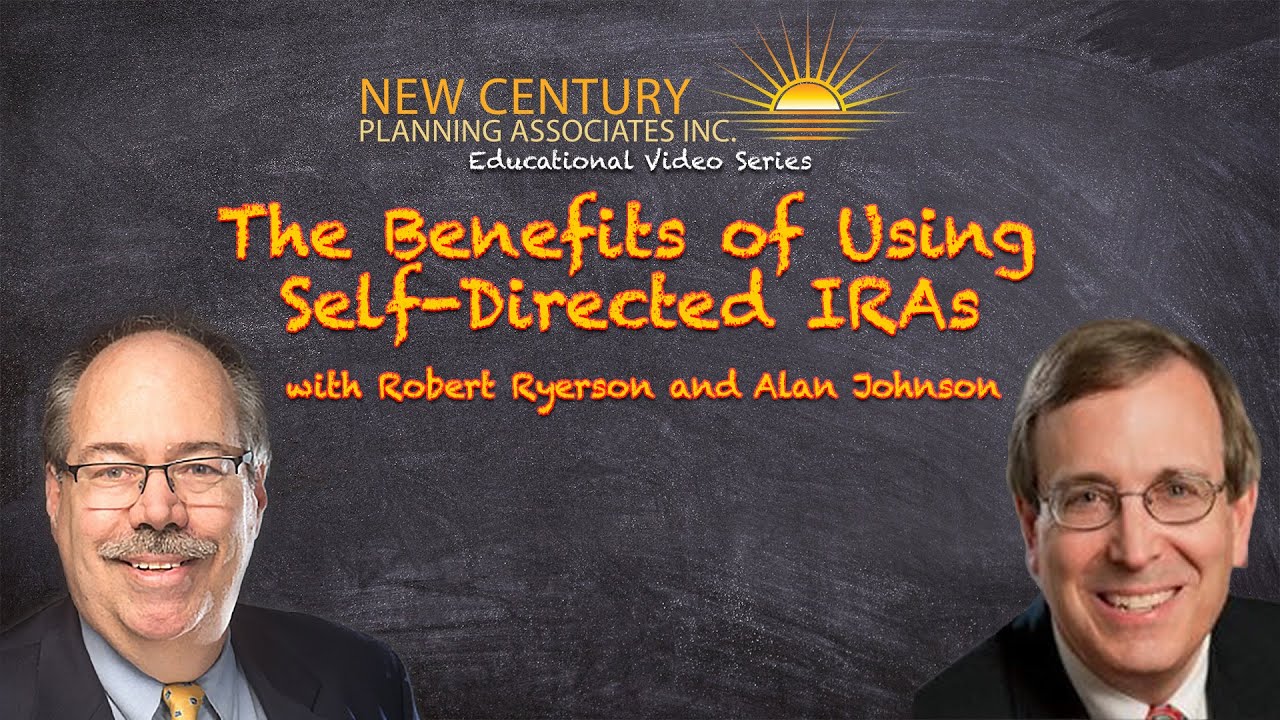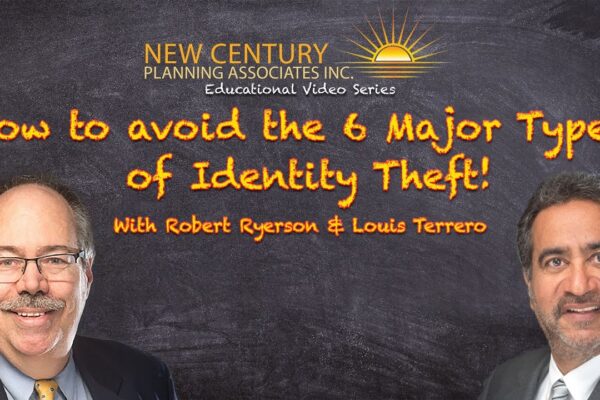Investments with Self-Directed IRAs: Insights from Industry Experts
In a recent educational video from New Century Planning, Bob Ryerson sat down with Alan Johnson, a leading authority on self-directed Individual Retirement Accounts (IRAs), to demystify the concept and benefits of these investment vehicles. Their discussion shed light on the opportunities self-directed IRAs offer for investors seeking to broaden their retirement portfolios beyond traditional paper assets.
Understanding Self-Directed IRAs
Contrary to common misconceptions, a self-directed IRA is not limited to traditional stock market investments. Alan Johnson clarifies that, although the term ‘self-directed’ might be misleading, it essentially refers to IRAs that can invest in private offerings. This flexibility allows investors to venture into areas like real estate, precious metals, cryptocurrencies, and more, subject to IRS regulations.
The Wide Range of Investment Opportunities
Self-directed IRAs enable investments in a diverse array of assets, including franchises, private equity, real estate, and even racehorses. However, there are certain restrictions; investments cannot be made in S corporations, life insurance on oneself, or in art and collectibles directly. Despite these limitations, investors can still explore avenues like art galleries or classic car dealerships as business investments.
Choosing the Right Custodian
With around 40 IRS-approved custodians available, selecting the right one is crucial. These custodians are regulated by state banking organizations and have varying levels of expertise and willingness to handle different types of investments. Johnson emphasizes the importance of finding a custodian that not only allows the investment but is also proficient in managing it, especially for assets like international real estate or private lending opportunities.
Navigating Fees and Regulations
The fees for self-directed IRAs can vary significantly, with some custodians charging up to ten times more than others for comparable services. Johnson is developing an app to help investors compare these fees and choose the most cost-effective custodian. This tool will also assist in ensuring that investments comply with IRS rules and avoid prohibited transactions, which can be a complex landscape to navigate.
The Future of Self-Directed IRAs
As investors become more aware of the benefits and possibilities of self-directed IRAs, the demand for specialized knowledge and tools to navigate this space is increasing. Johnson’s upcoming app and his advocacy work are timely resources for those looking to diversify their retirement savings into non-traditional investments.
Conclusion
The conversation between Bob Ryerson and Alan Johnson highlights the growing interest in self-directed IRAs as a means to diversify retirement portfolios and potentially hedge against the volatility of traditional paper assets. By understanding the rules, choosing the right custodian, and being aware of the fees, investors can unlock a world of investment opportunities previously thought to be out of reach for retirement accounts.
Author
Robert Ryerson
Although Robert M. Ryerson completed all the necessary requirements to earn bachelor of arts degrees in both English and economics at Rutgers University, college policy at the time prohibited the issuance of dual degrees. As a result, he graduated from Rutgers with a single bachelor of arts in economics before finding employment as a stockbroker with Shearson Lehman American Express in New York City 1984. Robert M. Ryerson has since established himself as a respected estate administrator and legacy planner. In addition to his economics degree from Rutgers, Mr. Ryerson holds several professional designations including Retirement Income Certified Professional (RICP)®; Certified In Long Term Care (CLTC)®; Certified Financial Fiduciary (CFF)®, and Certified Identity Theft Risk Magenament Specialist (CITRMS)®. He has shared his knowledge on the subject of identity theft as the author of the book What’s The Deal With Identity Theft?: A Plain-English Look at Our Fastest Growing Crime. He has also covered identity theft issues directly for students as the instructor of the adult education course Understanding Identity Theft: Our Fastest Growing Crime.





